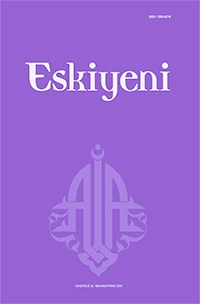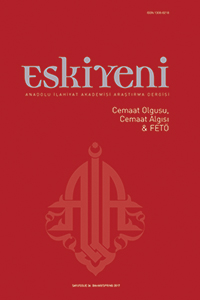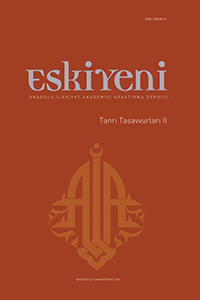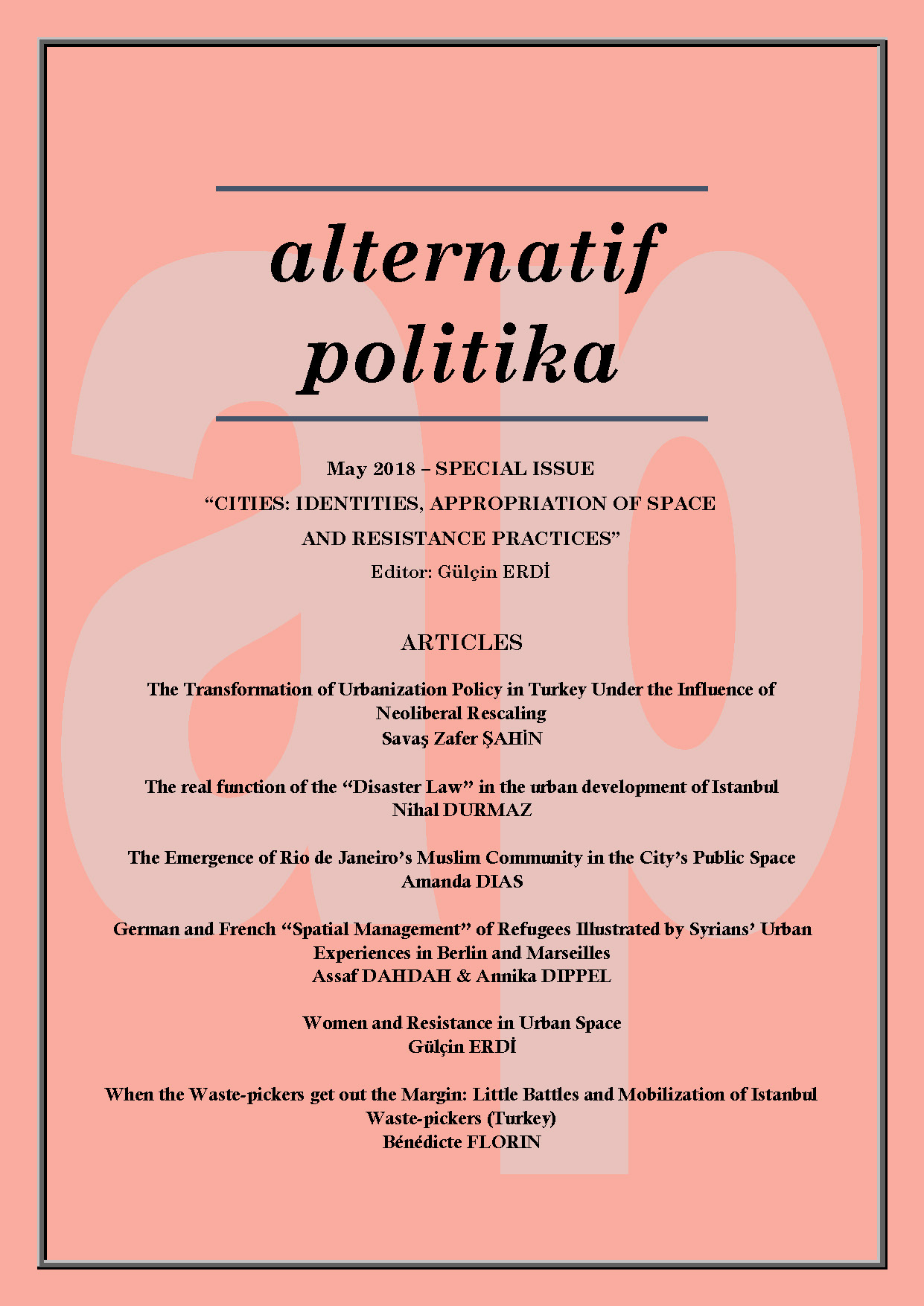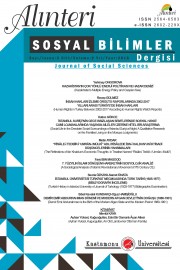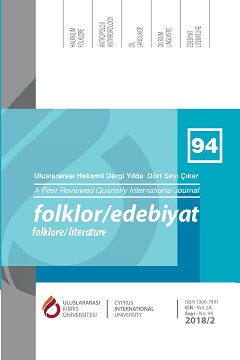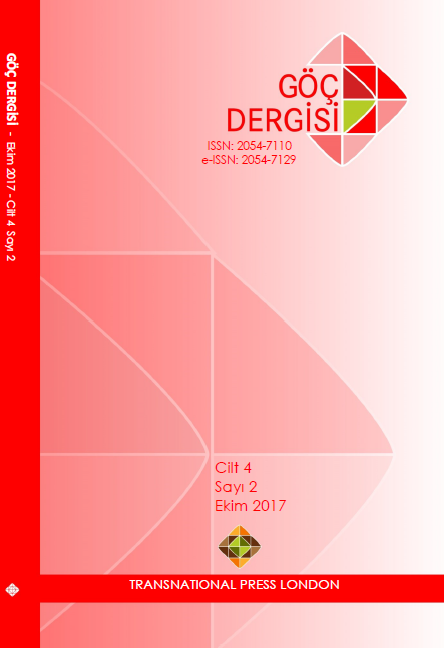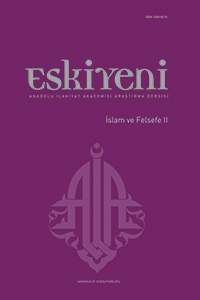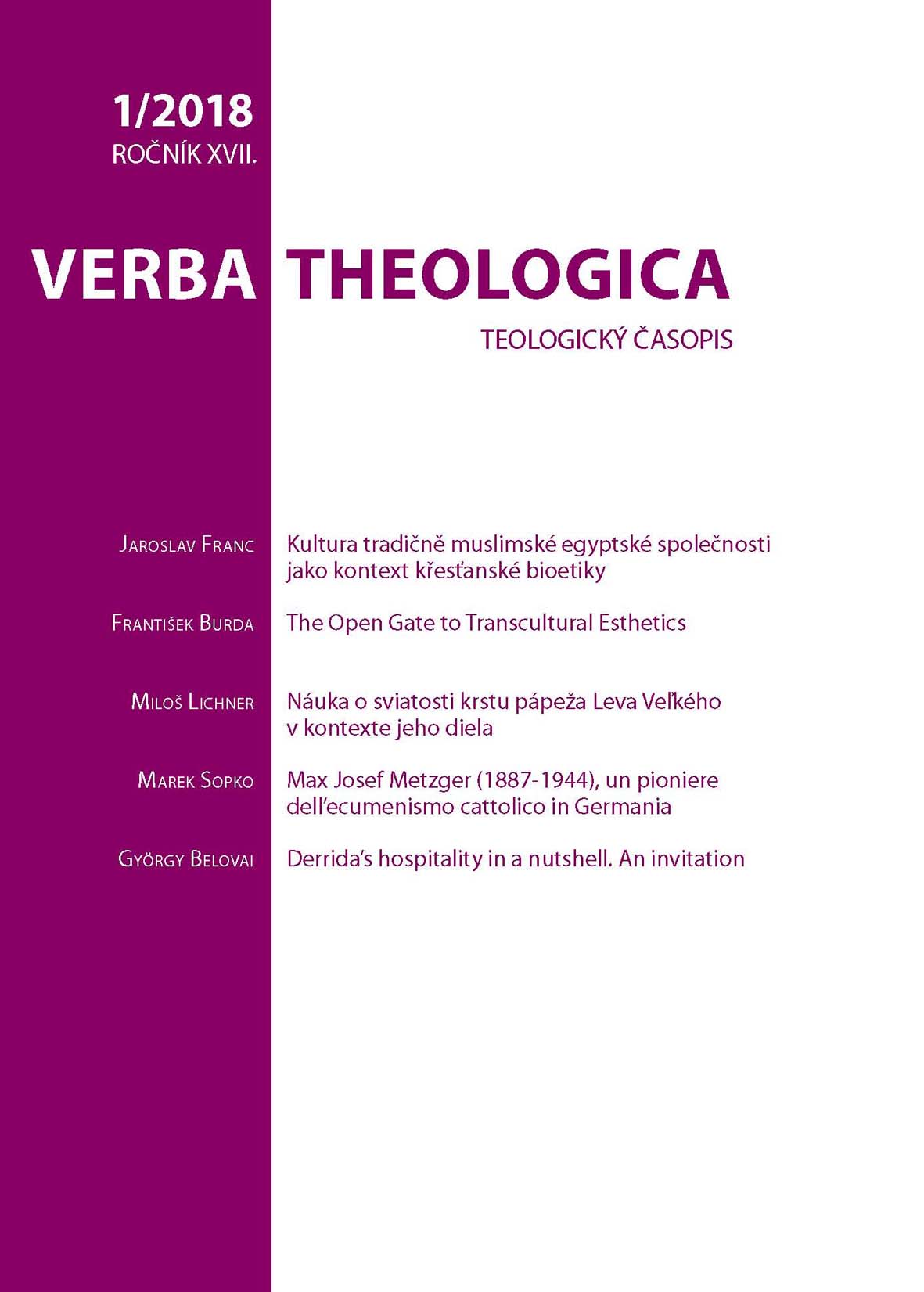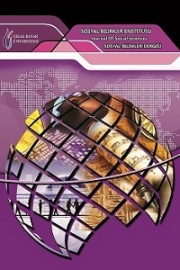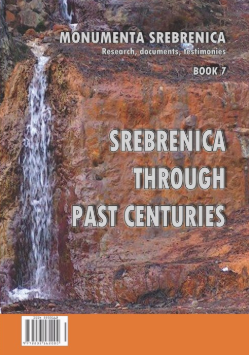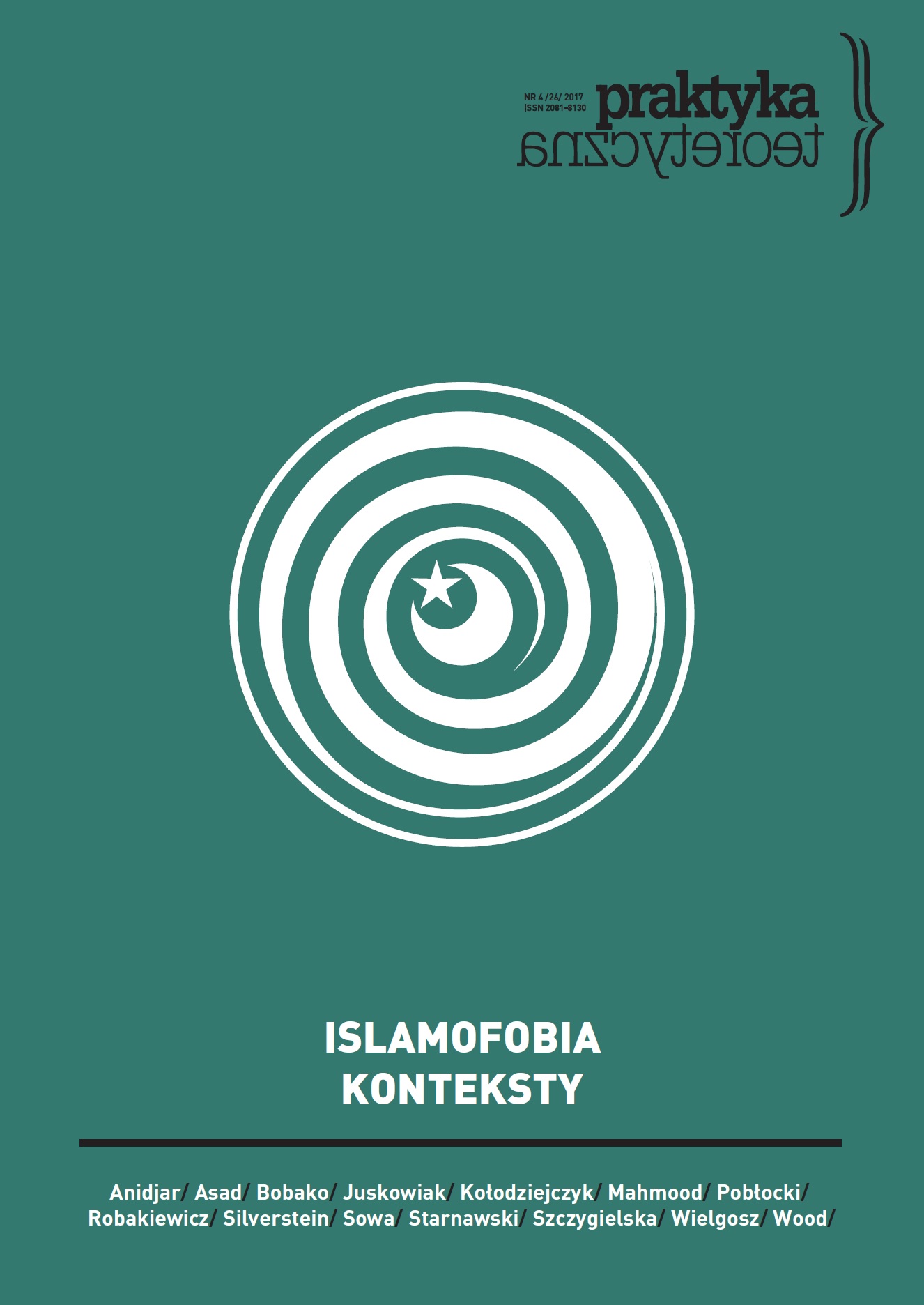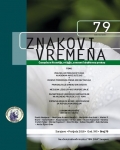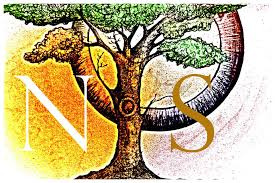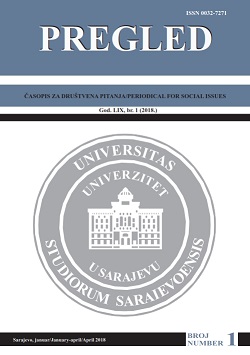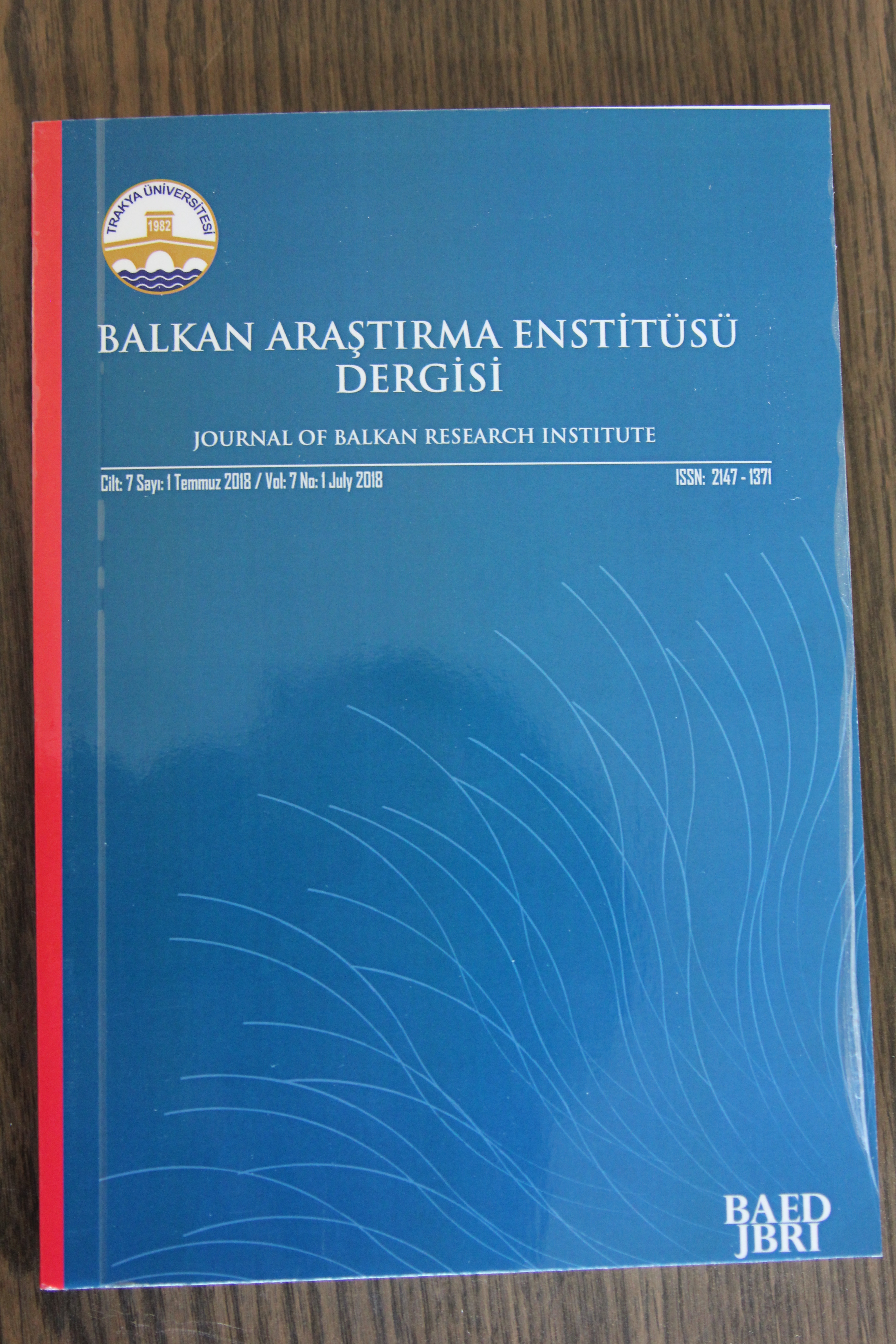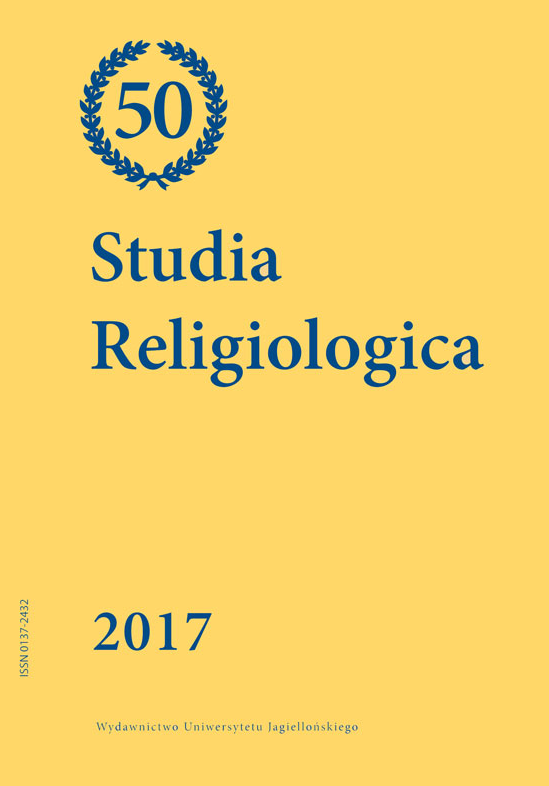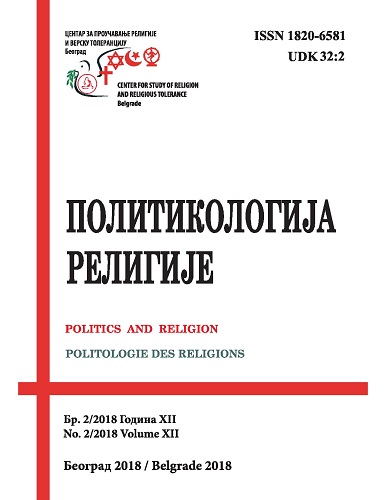Author(s): Gülşen Dişli,Ayşe Nermin Uz Taşkesen / Language(s): Turkish
Issue: 1/2018
The aim of this research is to conduct condition assessment of deteriorations of Haydar Qadi Mosque in Bitola, Macedonia prior to beginning of restoration works and explain 2014-2017 restorations conducted with the budget of Directorate General of Foundations in cooperation with the Republic of Macedonia’s Islamic Religious Community, Skopje National Conservation Center and Bitola National Institute and Museum Directorate. There is a three-bay portico on northern side of the mosque, built on a square base. There are wall paintings/ decorations dated various periods inside the mosque. The mosque has been repaired and made alterations many times since it was constructed in the 16th century. Especially with the outburst of Balkan Wars in 1912 and resultant withdrawal of Ottomans from the region, Muslims fell into minority and the building was abandoned to its faith. The mosque was used for various purposes for many times. Together with broken pieces of minbar, gravestones collected all around Bitola was were piled up inside the building that was later abandoned and vandalized. Along with fieldworks conducted during the restoration process of the mosque, which constituted the primary method of the study, related literature, archival, and historical research have also been conducted during the study. The repairs were presented under following headings; consolidation/strengthening, cleaning, completion, reconstruction, conservation of decorations/wall paintings. Landscaping, and conservation of gravestones has also been explained. The basic approach in conservation applications and project works has been to preserve the original and different period additions reflecting original construction techniques, materials and architectural elements, clean unoriginal additions and structural strengthening. Pre-restoration deteriorations of building, findings and depictions related to architectural details, decorations, wall paintings discovered during the repairs have been shared with scientific world. Previous restoration interventions and the effect of historical, ethnical, and cultural identity of the region on architecture and decorations have also been evaluated. This research is also important in terms ofexchange of knowledge and experience between Turkish and Macedonian preservation experts.
More...


